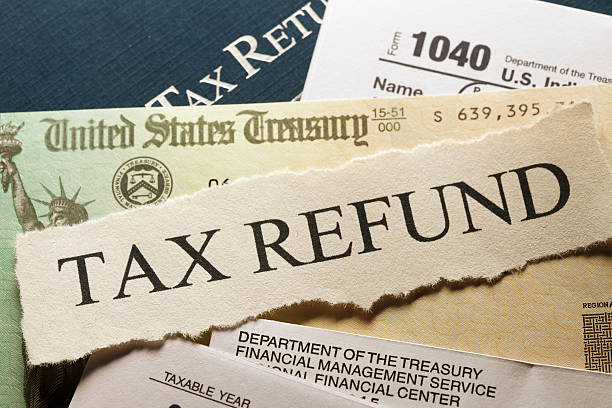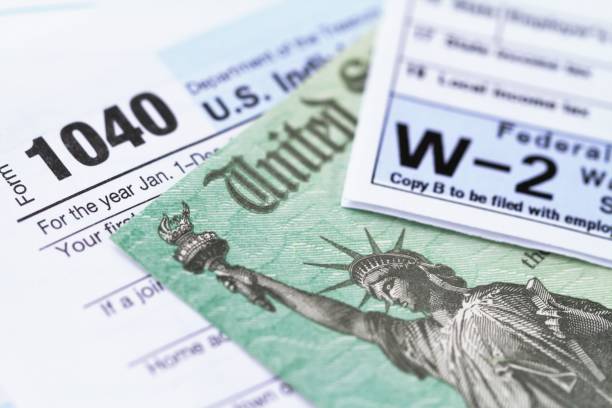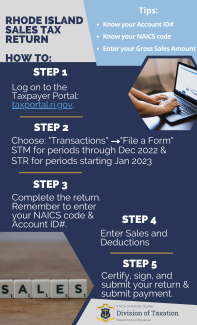Strategic Tax Planning Throughout the Year
Effective tax planning extends far beyond the annual ritual of filing your return. Year-round tax strategy involves making informed financial decisions that consider their tax implications, timing income and expenses strategically, and taking advantage of tax-advantaged accounts and investment vehicles.
Consider maximizing contributions to retirement accounts such as 401(k)s, IRAs, and HSAs, which can provide immediate tax benefits while building long-term wealth. For business owners and self-employed individuals, strategic timing of equipment purchases, business expenses, and income recognition can significantly impact your tax liability across multiple years.
Additionally, tax-loss harvesting in investment portfolios allows you to offset capital gains with capital losses, potentially reducing your overall tax burden. Working with qualified tax professionals who understand your unique circumstances can help identify opportunities that might otherwise be overlooked.




